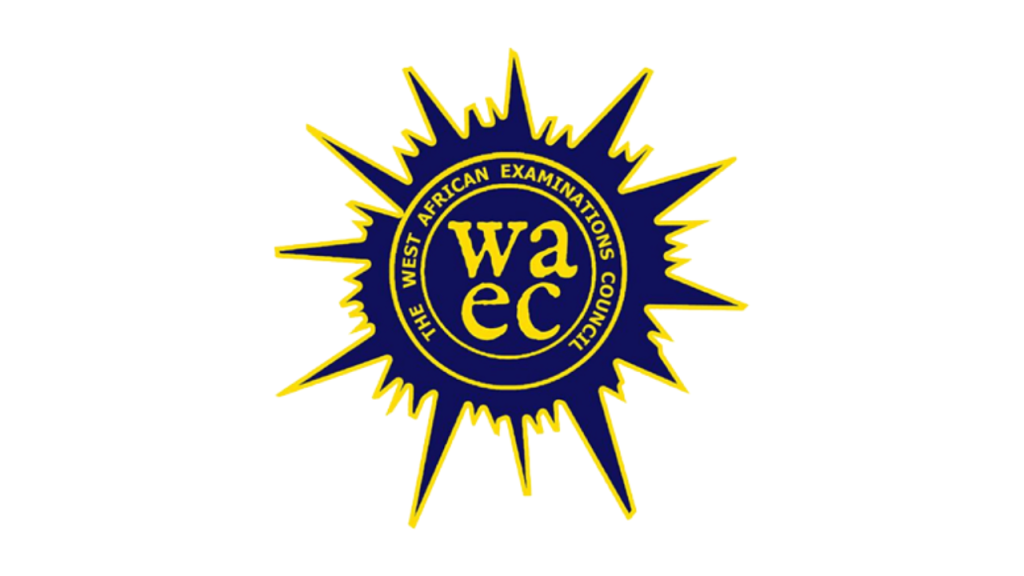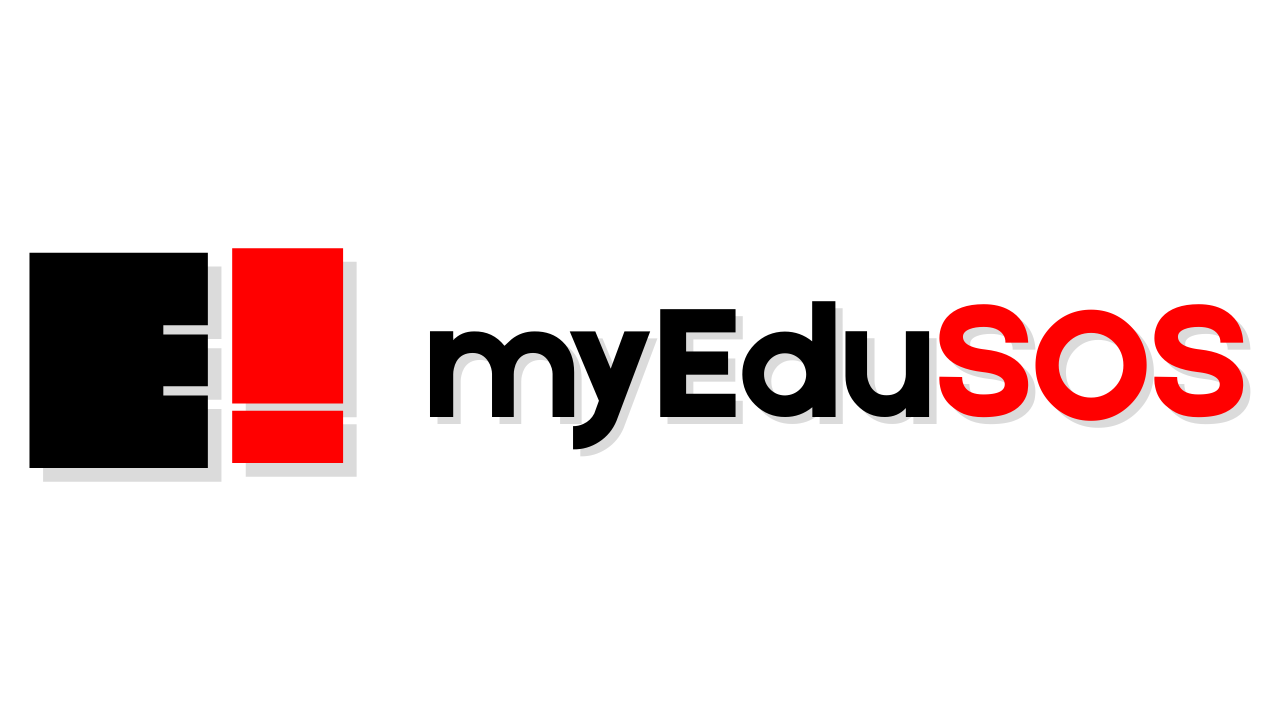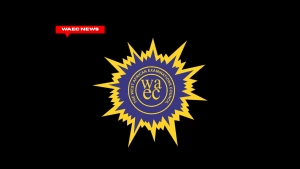What You Must Know
WAEC has just dropped a bombshell for students preparing for the 2026 WASSCE: Science and Arts students will no longer be allowed to offer Economics. Instead, only those in the Commercial (Business) stream can include Economics in their course load.
This is a big shift, and one that affects thousands of students immediately. If you’re in SS2 or SS3, this news changes how you choose your subjects.

What’s Changed in WAEC 2026 & Why It Matters
Under the new structure, WAEC has barred students in the Science and Arts departments from offering Economics as an option. Only Business or Commercial students are allowed to include that subject.
In addition, the council has set clear boundaries for how many subjects each student must take. The minimum is now eight (8) subjects, and the maximum is nine (9). Among these, English Language, Mathematics, and Civic Education remain compulsory across all fields.
WAEC has also introduced 35 trade / vocational subjects. Every candidate must pick at least one trade subject. These are meant to boost practical skills and entrepreneurship, not just academic knowledge.
How the Subject Lists Now Look for Each Department
Science
Science students will focus on theory and practical courses like Physics, Chemistry, and Biology. Electives may include Further Mathematics, Technical Drawing, and a Nigerian language (Yoruba, Igbo, or Hausa). But Economics is now out of their options
Arts
Students in the Arts will take literature, history, or government, religious studies, and a local language alongside English, Math, and Civic Education. Economics has been removed from their acceptable choices.
Commercial
This stream retains Economics, along with other business-focused subjects like Accounting, Commerce, Government, and Office Practice. Electives may include Bookkeeping, Marketing, or local languages.
Why WAEC 2026 Reform May Be Controversial
Some people see the change as well-intentioned, pushing students toward specialization early, aligning exams more closely with career paths, and reducing random subject mixing. But others argue WAEC moved too fast, without enough consultation, and in doing so, they’ve reduced students’ flexibility.(allAfrica.com)
Critics also point out that many students have already studied Economics for years (in SS1/SS2) and now may feel their efforts are discounted. Moreover, in many Nigerian universities, Economics is a required or recommended subject for a variety of programs beyond just “business.” The new rule might block access for some students.(allAfrica.com)
If You Are a Student, Do This Now.
- Recheck your subject list: If you’re a Science or Arts student and had Economics, you must drop it and pick another permissible subject before registration closes.
- Plan your electives carefully: Use your slots wisely, pick subjects that complement your intended career path.
- Prepare for the trade subject: Since one trade is now mandatory, choose something you can develop skills in (e.g., Data Processing, Garment Making, GSM Repairs, Catering, etc.)
- Talk to your school guidance counselor: Make sure your school is aware and guiding students according to the new rules.
- Check your university requirements: If you aim for a course that previously required Economics, confirm whether they’ll accept alternatives or make adjustments.
WAEC’s subject combination overhaul is a bold step. It forces students to specialize earlier, to build a stronger academic identity, and to focus. But such reforms must be executed with fairness, transparency, and enough time for everyone to adjust.
If you’re preparing for 2026, don’t delay. Study your options, choose wisely, and lean on trusted sources like MyEduSOS to guide you beyond confusion into clarity.



